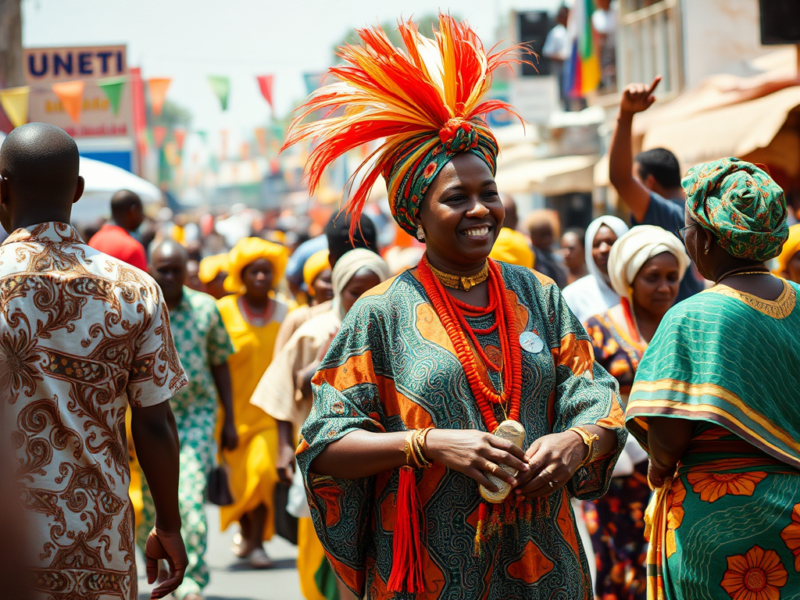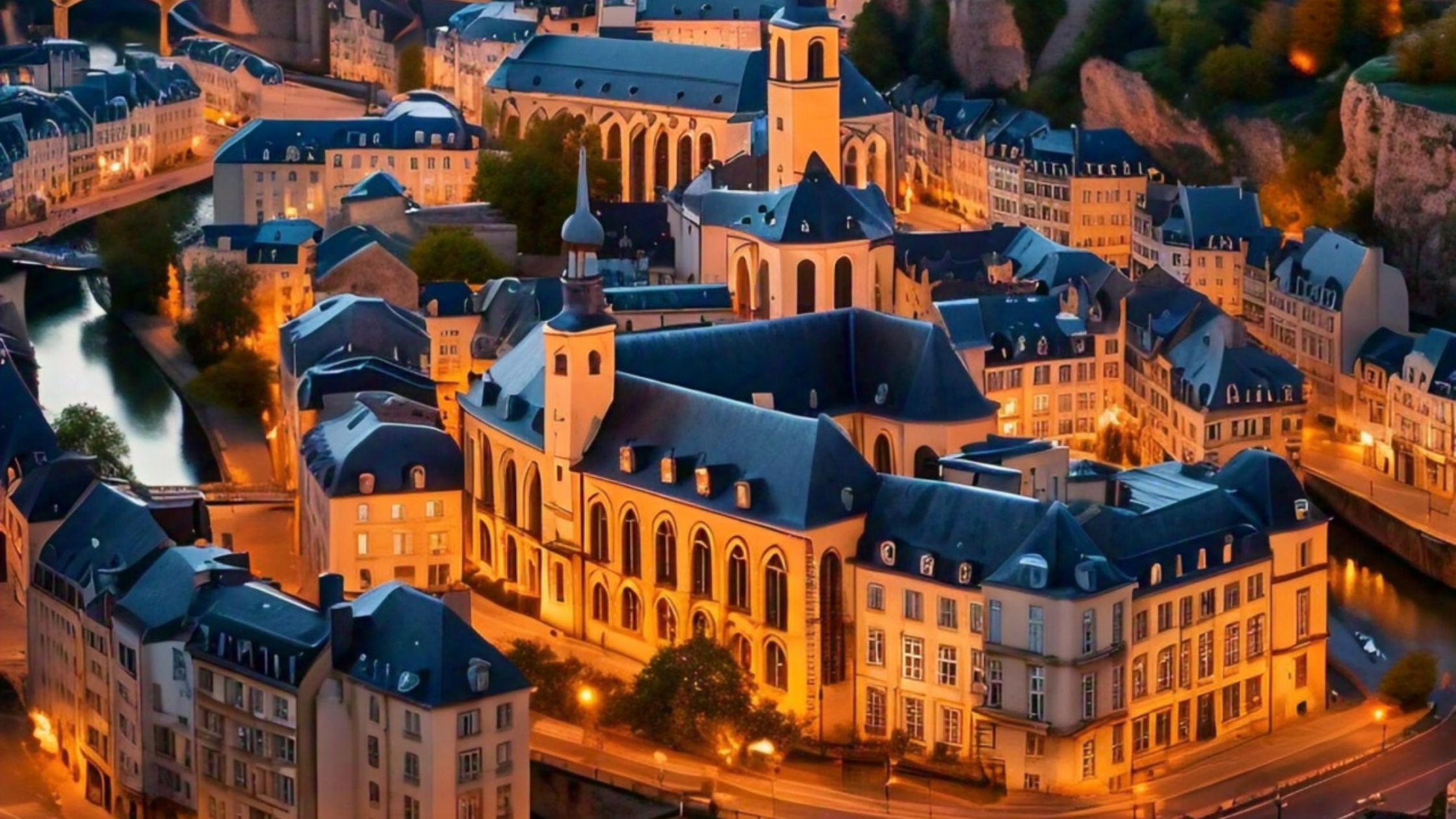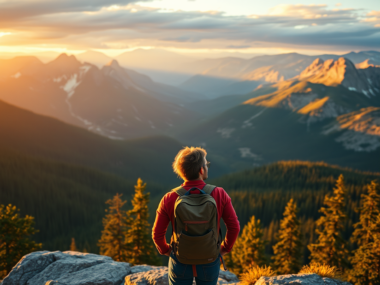Nigeria is a vibrant country filled with diverse cultures, exciting festivals, and natural wonders. But like any travel destination, knowing the right time to visit can make all the difference in your experience. Whether you’re looking to enjoy sunny beaches, experience wildlife safaris, or immerse yourself in the richness of Nigerian culture, understanding the best times to travel is essential. Let’s dive into when you should plan your trip to Nigeria for the ultimate adventure!
Understanding Nigeria’s Climate
Before packing your bags, it’s important to understand Nigeria’s climate. As the most populous country in Africa, Nigeria spans a variety of climates due to its size and geographic diversity. The southern part of the country is typically more tropical, while the northern regions are semi-arid.
Nigeria’s Major Seasons
Nigeria experiences two main seasons: the wet season and the dry season. Each season comes with its own unique characteristics, affecting travel conditions and activities.
Wet Season (April to October)
The wet season in Nigeria runs from April to October. During this period, the country experiences heavy rainfall, especially in the southern regions. The rain can make certain areas difficult to navigate, with road flooding in some rural areas. However, the wet season also brings lush green landscapes, making it a great time for nature lovers and those who enjoy cooler weather.
Travel Challenges in the Rainy Season: The rain can sometimes disrupt travel plans, especially in more remote areas. Flights may be delayed, and road conditions can become tricky. However, the beauty of Nigeria’s countryside in the rain can make up for these minor inconveniences.
Dry Season (November to March)
The dry season in Nigeria, running from November to March, is the most popular time for tourists. This period is characterized by lower humidity and the presence of the Harmattan winds, which blow in from the Sahara, bringing dry, dusty air to the northern part of the country.
Harmattan Season: While the Harmattan can cause dry skin and hazy skies, it’s generally a pleasant time to visit, especially for outdoor activities. The dry weather makes it easier to travel around the country, and you can enjoy the beaches, national parks, and vibrant cities without worrying about rainfall.
Best Time to Visit Nigeria for Ideal Weather
If you’re looking for the perfect balance of weather and ease of travel, the best time to visit Nigeria is between November and February. During these months, the dry season is in full swing, but the temperatures remain comfortable, especially in the southern regions where the tropical heat is less intense.
READ MORE: Work and Travel Visa Canada: The Ultimate Guide
Festivals and Cultural Events
Nigeria’s cultural diversity is one of its most exciting aspects. The country hosts numerous festivals throughout the year, many of which are deeply rooted in its history and traditions. Timing your visit to coincide with one of these festivals can offer you an unforgettable experience.
Calabar Carnival (December)
If you’re traveling in December, don’t miss the Calabar Carnival, often referred to as “Africa’s Biggest Street Party.” This month-long festival in Cross River State showcases colorful costumes, energetic dance performances, and vibrant parades. It’s a perfect blend of culture, music, and entertainment that brings people from all over the world.
Durbar Festival (Held after Ramadan and Eid)
The Durbar Festival is a cultural highlight in Northern Nigeria, celebrated in cities like Kano and Kaduna. It is a historical festival that marks important Islamic events such as the end of Ramadan and Eid al-Fitr. Expect to see beautifully dressed horsemen, traditional music, and age-old customs on display.
Eyo Festival (Lagos)
The Eyo Festival is one of Lagos’s most unique celebrations. It features a masquerade parade that takes over the streets of Lagos Island, with participants dressed in all-white attire representing spiritual purity. This festival is steeped in the history and traditions of the Yoruba people, making it an incredible cultural experience.
Wildlife and Nature Attractions by Season
Nigeria is home to a variety of wildlife and natural attractions, and the season you choose to visit can impact your experience.
Yankari National Park
Yankari National Park, located in Bauchi State, is one of Nigeria’s premier wildlife reserves. The best time to visit is during the dry season when animals congregate around watering holes, making it easier to spot elephants, baboons, and other wildlife.
Cross River National Park
If you’re more into tropical forests and biodiversity, the rainy season is the ideal time to visit Cross River National Park. The lush greenery and variety of flora and fauna are at their best during this period, offering a true jungle experience.
City Exploration by Season
Nigeria’s bustling cities—Lagos, Abuja, and Kano—are fascinating to explore, but the time of year can greatly influence your experience. During the dry season, city life is more vibrant, and outdoor activities are easier to enjoy without worrying about rainstorms. However, the wet season offers cooler temperatures, which can be a relief from the intense heat.
Best Times for Beach Lovers
Nigeria’s coastline boasts several stunning beaches, particularly in Lagos and the surrounding areas. The best time to enjoy the beaches is between November and February when the skies are clear, and the weather is perfect for sunbathing and water activities. Popular spots include Tarkwa Bay, Elegushi Beach, and Badagry Beach.
Planning Your Budget
Traveling to Nigeria can vary greatly in cost depending on the season. The high season, which coincides with the dry season from November to March, often sees higher prices for flights and accommodations. However, traveling during the wet season can help you snag discounts on hotels and excursions, as this is considered the low season for tourism.
Conclusion
In summary, the best time to visit Nigeria depends on what you’re hoping to experience. For those looking for ideal weather and outdoor adventures, the dry season from November to February is your best bet. However, if you’re more interested in cultural festivals or want to explore Nigeria’s natural beauty in its lushest form, the wet season has its advantages too. No matter when you choose to go, Nigeria’s rich culture, vibrant cities, and stunning landscapes are sure to leave you with lasting memories.
FAQs
What is the cheapest month to fly to Nigeria?
Typically, the cheapest month to fly to Nigeria is in September, as it falls during the rainy season when there are fewer tourists.
Is the rainy season in Nigeria a bad time to visit?
Not necessarily! While the rain can make travel more challenging, it’s a beautiful time to explore the country’s green landscapes, especially in the southern regions.
Can I experience wildlife safaris during the wet season?
It’s possible, but the dry season is better for wildlife safaris since animals tend to gather near water sources, making them easier to spot.
What should I pack when traveling to Nigeria?
Lightweight clothing for warm weather, comfortable shoes, sunblock, and a light jacket for the Harmattan season. Don’t forget a raincoat if visiting during the rainy season.
Is Nigeria safe for tourists?
Yes, Nigeria is generally safe for tourists, especially in well-visited cities like Lagos and Abuja. However, like any travel destination, it’s important to stay aware of your surroundings and follow local advice.






